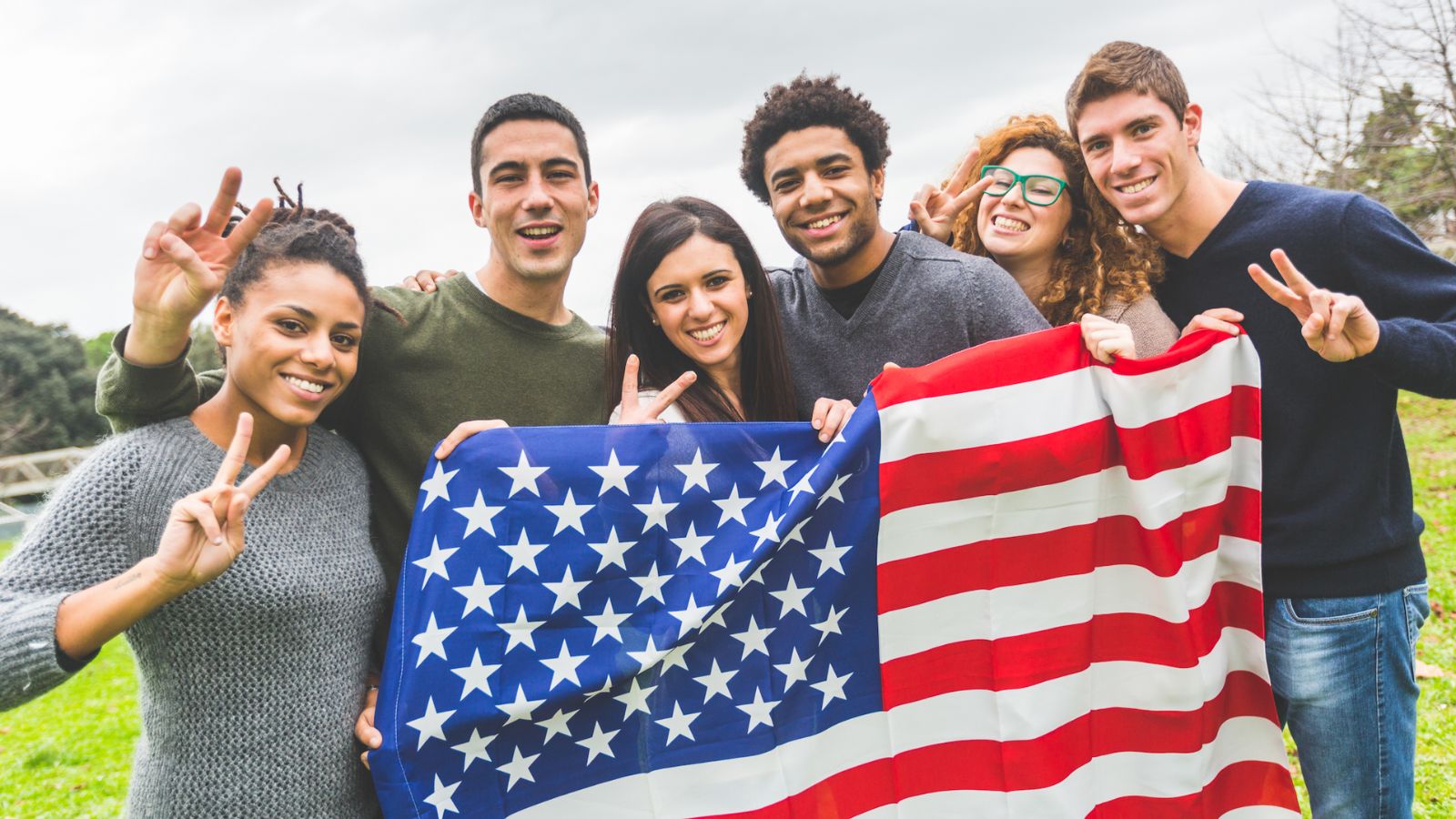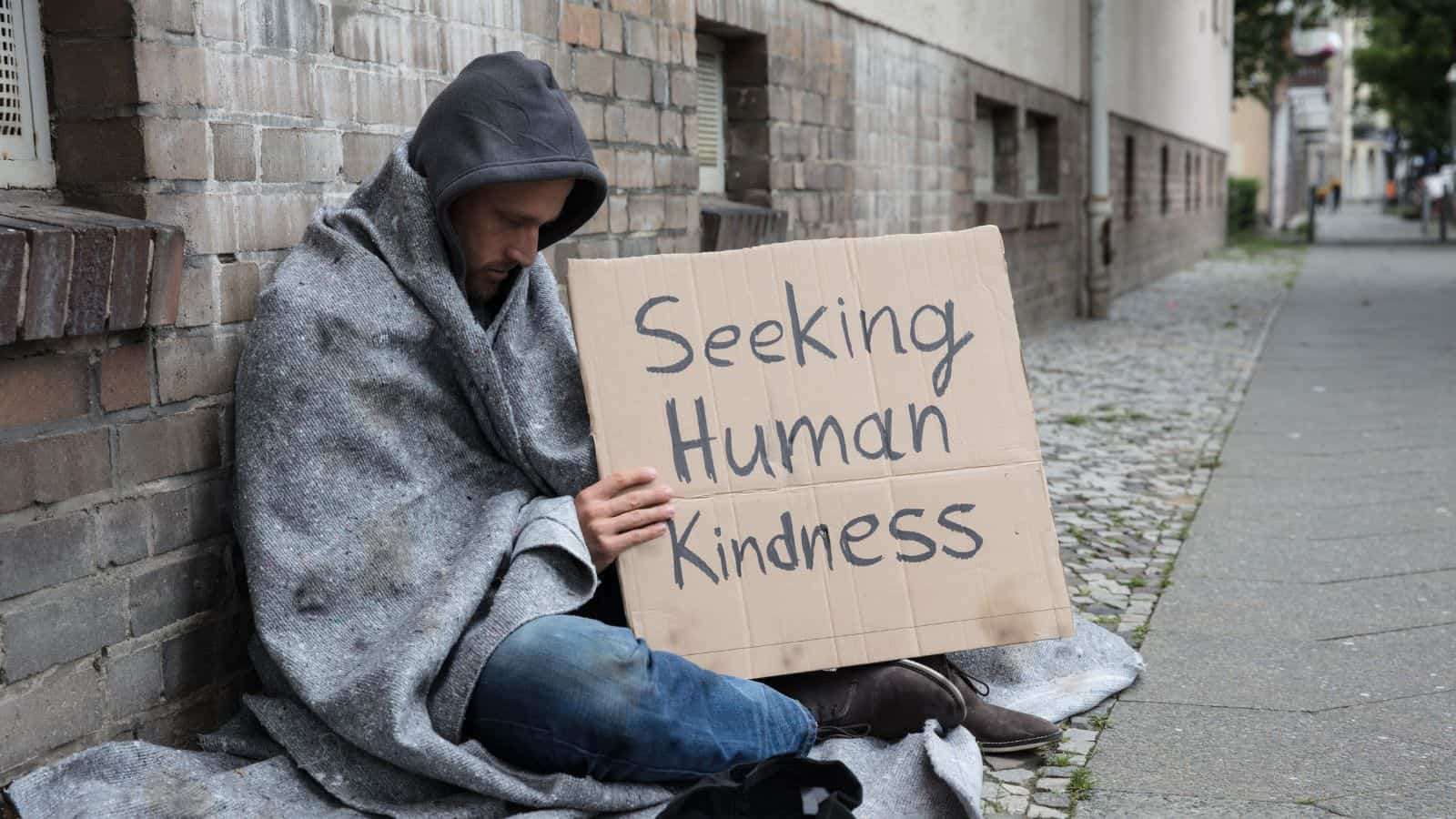Understanding white privilege is always tricky, especially with so many myths and misconceptions floating around. But understanding the truth about white privilege can mean better conversations around it. These are 19 of the most common misunderstandings you need to know about.
It’s About Guilt

One common misconception about white privilege is that it’s about making white people feel guilty, but this isn’t the case. White privilege is about recognising that societal structures often benefit white people over others. “There is nothing but a benefit to understanding our own privileges, white and otherwise,” says the BBC. It’s not about assigning blame but understanding these benefits exist.
It Denies Individual Hardships

People often think that acknowledging the privilege that white people have means denying the individual hardships that white people face. But everyone has struggles, and white privilege doesn’t mean that white people’s lives are automatically easy. It means that their race isn’t one of the factors making life harder.
It’s Only About Wealth

Many people equate white privilege with being wealthy, but it’s much broader than that because white privilege encompasses many areas. This includes education, job opportunities, and interactions with law enforcement. It’s not just about financial status but about the systemic advantages that come with being white in many aspects of life.
It’s Just an American Thing

Another misconception is that limited opportunities for people of colour are unique to the USA. While the term gained prominence in American discussions on race, the concept is relevant worldwide, and many countries have similar issues where certain racial groups have systemic advantages.
It Means All White People Are Racist

Some believe that talking about white privilege implies that all white people are racist, but this isn’t the case. White privilege refers to the benefits white people receive in a society that tends to favour them. It’s possible to have white privilege and still work toward racial equality and justice.
It Can’t Be Real Because Some White People Are Poor

A frequent argument against the advantages light-skinned individuals have is that many live in poverty. However, white privilege doesn’t mean all white people are rich. It means that their race isn’t a barrier to their opportunities and treatment. Poor white people still benefit from societal biases that can make their experiences less challenging than those faced by people of colour.
It’s a Political Tool

Some see white entitlement as a political tool used to divide people. While it has been politicised, the concept itself is about recognising and addressing societal imbalances. Understanding white privilege can lead to more inclusive and fair policies, benefiting society as a whole—it’s not about division but about creating a more equitable world.
It Means You Haven’t Worked Hard

Many believe that acknowledging white privilege diminishes the hard work of white individuals, but white privilege doesn’t negate personal effort or achievements. It simply recognises that white people often don’t face the same systemic barriers as people of colour. Hard work is important, but it’s also essential to acknowledge the different starting points people have.
It’s a Modern Concept

Some argue that disadvantages for people of colour are a recent invention of social justice movements, but these actually have deep historical roots. There have been centuries of policies and practices favouring white people, and while the term ‘white privilege’ may be modern, the concept it describes is longstanding.
It’s About Hating White People

Another myth is that discussions of such privilege are about hating white people, and this couldn’t be further from the truth. Acknowledging white privilege is about understanding societal structures and working towards fairness for everyone, as it’s not about animosity but about striving for a more inclusive society.
It Ignores Other Forms of Privilege

People sometimes think that focusing on the entitled nature of non-Blacks ignores other types of privilege, such as class, gender, or sexual orientation. In reality, discussions of white privilege often include an understanding of intersectionality, which recognises that different forms of privilege affect people’s lives in complex ways.
It Means White People Are Superior

A damaging misconception is that such privilege implies a certain race of people are superior. This is wholeheartedly untrue as white privilege is about the societal advantages white people receive, not about any inherent superiority. Recognising privilege is about understanding and dismantling these advantages.
It Doesn’t Affect Me

Some individuals with white skin think that if they don’t feel privileged, then it doesn’t affect them. Nevertheless, privilege isn’t always about what you feel; it’s about the benefits you might take for granted. These can include being treated fairly by law enforcement, having easier access to jobs, or seeing people of your race widely represented in media.
It’s a Blame Game

Furthermore, there’s a belief that discussing white privilege is about blaming white people for all societal problems, but instead, it’s about recognising systemic issues and working together to address them. It’s also about understanding how societal structures benefit some over others and finding ways to create a fairer system.
It’s Only Relevant to People of Colour

Understanding the advantages light-skinned people have is crucial to everyone, yet some think white privilege discussions only matter to people of colour. However, recognising entitlement can help white individuals become better allies and support more equitable policies in the world.
It’s Just About Personal Prejudice

Another misconception is that skin colour privilege is only about personal prejudice. This idea is wrong, as while individual attitudes matter, white privilege is primarily about systemic advantages. These are ingrained in societal structures and institutions, making it essential to look beyond individual behaviours and address the broader systems.
It’s Easy to Fix

You might also be under the impression that the entitlement white-skinned people have is easily fixed. Systemic issues, however, require sustained effort and change at many levels, which involves rethinking policies, practices, and attitudes across society. Recognising privilege is just the first step, after all.
It’s About Ignoring Other Cultures

There’s a misconception that focusing on white privilege means ignoring or devaluing other cultures. On the contrary, understanding white privilege includes recognising and valuing diverse cultures and experiences. It’s about creating a society where all cultures are respected and valued equally.
It’s a One-Sided Conversation

Lastly, some believe that discussions of the freedoms white people have are one-sided and don’t allow for dialogue. In reality, productive conversations about white privilege involve listening, learning, and engaging from all sides to understand different perspectives.







